Hart Centre Therapist Roohi is passionate about helping clients understand emotions better and accept their presence within themselves. This paves the way for increased awareness of how emotions can influence behaviours and relationships. She enables clients to understand underlying issues and reflect on their patterns of thinking & approaching situations. She is skilled at supporting clients to identify doubts, see different perspectives of their situation, make decisions that work the best for them and implement strategies to achieve their goals.
To read more about Roohi or view her psychologist profile, click here. Marriage counselling Melbourne.
1. What has made you interested in helping couples with their relationships?
In my work with couples, I have learnt that healthy communication is often a challenge. When clients are triggered, the way they talk, look and treat each other can lack
understanding and compassion. This in turn impacts their emotions and behaviours, and has a snowball effect on their children, extended family, friends and even colleagues albeit in
different ways. I believe that if couples can develop effective ways of connecting and taking perspective, then despite their differences and disagreements, they will be able to find the
middle ground on which they can co-exist. I aim to support them while they find their way towards each other.
2. What are the most common relationships problems that you see in couples therapy?
Apart from communication barriers, couples might be struggling with lack of intimacy, infidelity, addictions, mental health issues in one or both partners, trauma, work or family
stress, parenthood, and increased responsibilities in several areas of their life.
3. What are the most common problems for women seeking therapy for their relationships?
In my experience, I have seen women having more emotional needs than men, they struggle with health issues that can be aggravated after childbirth, and they feel a decreased need for physical intimacy. They need their partners to listen to them more rather than trying to fix issues, they just want someone to be there and acknowledge the physical and emotional
pain they go through. Of course, this is not always the case, as everyone is different.
4. What are the most common problems for men seeking therapy for their relationships?
Many but not all men might struggle with understanding or expressing emotions, and when they do, the way they make sense of these is different to how women might process. They
show their love and care through trying to fix problems of their partners and find sitting in discomfort without actively doing something about it, very challenging. They may have more
need for physical intimacy and often feel confused why their partners might not want to be as intimate as they want to be. I feel that women need to emotional intimacy before they can get physically intimate while men express emotional intimacy through being physically intimate.
5. What would you like clients to know about the couple counselling process before they come in?
Every couple is unique and so are their issues. For the relationship to be fulfilling, it is essential that both partners feel that their needs are being met. To be able to do this, it is important to listen and express in a healthy manner. Both partners will need to reflect on what they can do from their end to make changes to meet each other halfway. Each has different strengths and weaknesses, and both their perceptions may be valid. It will require cooperation to be able to know what makes sense to the other. This requires suspending judgements and expectations until both sides of the story have been shared and heard. Using curiosity to make sense of a situation can provide great insight.
6. What has been the couple you remember who has made the biggest turnaround, from being in severe trouble to transforming their relationship into a happy loving one?
I helped an older couple reconcile after one of the partners had a relationship outside of the marriage. They were on the verge of separation when they came to see me as the last resort. They worked very hard to understand and communicate with each other and were successful in rekindling their lost love.
7. If you had one word of advice for couples with children, what would it be?
You both are in this together and your children need you. It can be hard when they are younger but taking each day as it comes will help you feel a little less overwhelmed. It’s okay if you make mistakes as a parent, you are learning as your children are growing. Be kind to yourself and to your partner. You have got this.
8. What advice would you give to couples trying to rebuild their relationship after an affair?
Understanding what might have led to the affair can help provide awareness of each partner’s behaviour. If both partners can use their power to make changes in the present, moving forward together can be easier. But before this can happen, it is important to process the hurt caused by the affair. Support your partner that has been hurt to go through the pain. If you rush this, then true healing may not occur. When the hurt partner is ready to let go or choose to forgive, they do it for themselves more than for their partner. There is always some risk in trusting others, and it is up to us to honour our partner’s trust in us.
9. What do you find is the most satisfying and fulfilling part of this work that you do?
When clients find that the tools I have given them have been helpful, they then implement those in their relationship and come back with more questions wanting to understand further. I also enjoy it immensely when I see them taking notes and sharing their feedback.
Relationship counselling Perth and Couples counselling Perth.
If you would like to make a booking with Roohi or any other of our psychologists, you are welcome to fill out an enquiry form here, or call our friendly receptionists on 1300 830 552.
OUR MAJOR MARRIAGE COUNSELLING LOCATIONS:
See all of our Relationship Counselling Melbourne locations.
See all of our Relationship Counselling Brisbane locations.
See all of our Relationship Counselling Perth locations.
See all of our Relationship Counselling Adelaide locations.


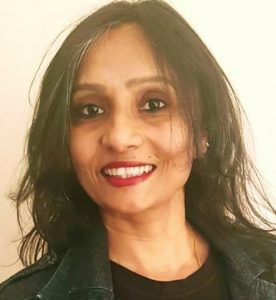

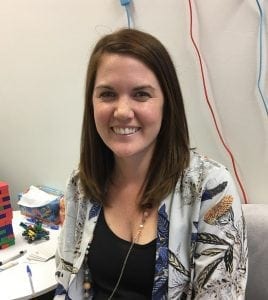 Katie has been
Katie has been 
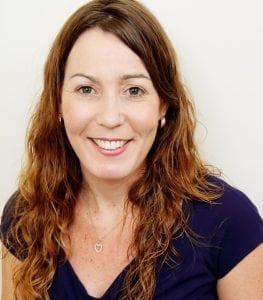
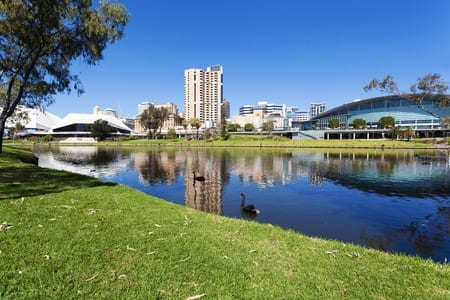
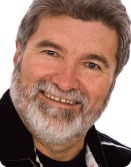

 This Hart Psycholgost has worked in a variety of practice settings for over 15 years. She now
This Hart Psycholgost has worked in a variety of practice settings for over 15 years. She now 
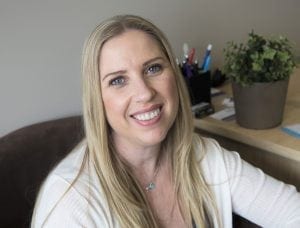 Joanna is a
Joanna is a 
 David is an experienced clinical psychologist with a history of
David is an experienced clinical psychologist with a history of 
 Wendy has practiced psychology for over 20 years during which time she has worked with adolescents and adults individually,
Wendy has practiced psychology for over 20 years during which time she has worked with adolescents and adults individually,